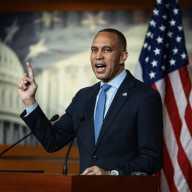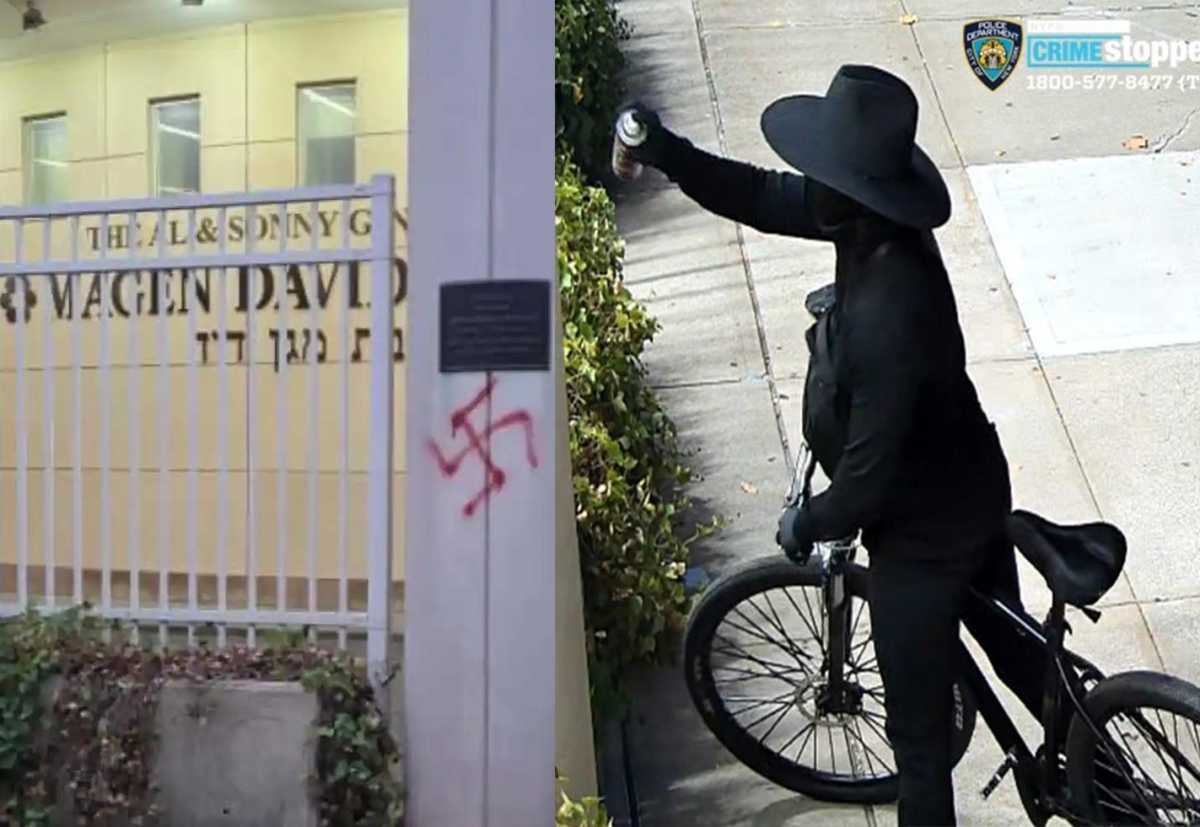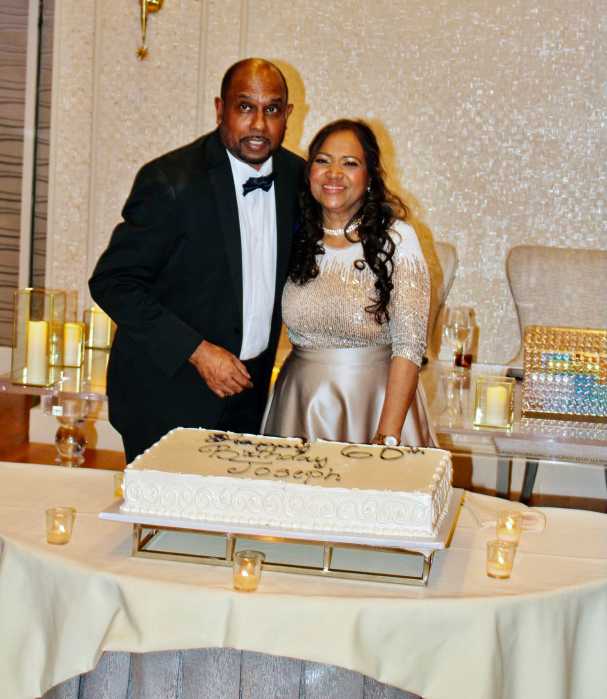A mere 24 hours after the City Council approved the rezoning of the Broadway Triangle, Manhattan Supreme Court Justice Emily Goodman granted a temporary restraining order, freezing the project from moving forward until next spring.
On December 22, Goodman accepted a request from the Broadway Triangle Community Coalition (BTCC) for a stay to halt any development on the 31-acre South Williamsburg industrial site. A hearing in Manhattan Supreme Court on the plaintiff’s request for a preliminary injunction has been scheduled for March 2010.
“We’re thrilled with the court’s actions,” said Marty Needelman, an attorney with Brooklyn Corporation A, representing the BTCC. “We’re saddened by the fact that only the courts have been able to address the realities and injustices that have happened and the fact that others who have had the chance to review the situation have been controlled by petty political considerations.”
The amended complaint updates an earlier lawsuit that the BTCC filed against the Department of Housing and Preservation Development (HPD), Mayor Michael Bloomberg, and HPD Commissioner Rafael Cestero, alleging that they violated the Federal Fair Housing Act, the 14th Amendment, New York State and City Human Rights Laws, and the Federal Civil Rights Act of 1964.
The city’s plan calls for 1,891 units of housing, 905 of which will be affordable, on several sites which will be transferred to the United Jewish Organizations and Ridgewood Bushwick Senior Citizens Council.
The lawsuit makes several specific allegations that the city violated federal and state laws by excluding community groups, particularly Community Board 3, from the early stages of the Broadway Triangle planning process and accuses the defendants of racial discrimination.
“What the proposal makes clear is that based on the history of housing in Williamsburg, by minimizing building heights and densities and the number of smaller one- and two-bedroom apartments, it is an intentional limitation of minority families, as well as excluding those in the Hasidic community not allied with UJO,” said Shekar Krishnan, a Brooklyn Corporation A consulting associate.
One key piece of evidence that may come out involves a letter from HPD to the state Division of Housing and Community Renewal on February 26, 2008 that the city will commit $7.591 million to finance a new seven-story building on 100 Throop Avenue, which Ridgewood Bushwick and UJO will administer. The letter was dated months after the October 2007 charette and well before the October 2008 charette that was abruptly canceled. According to DHCR documents, the two organizations received permission to apply for funding from HPD, though a spokesperson from HPD said that no funding had been awarded.
A spokesperson for the city’s legal department said they received the amended complaint on Tuesday afternoon, just hours before the justice’s decision, and cannot comment on specific allegations in the suit.
“However, the procedures followed by the city were proper, and interested members of the community participated heavily in the planning process,” said Gabriel Taussig, Chief of the Administrative Law Division, NYC Law Department. “The City Council‘s approvals yesterday are an important step in a project that will encourage the development of housing units, including income-targeted affordable housing, new retail space, community facility space, and an expanded playground, not to mention jobs.”
Yet the stay awarded by the court will halt projects such as 100 Throop Avenue and others in the Broadway Triangle site that would be developed for affordable housing. Krishnan and members of the Broadway Triangle Community Coalition argue that the planning process was tainted from the beginning and that the courts must sort through the city’s role in the rezoning and determine whether laws were broken.
“We’re not disputing the need for affordable housing in Williamsburg, which is great among all communities, including in the segment in the Hasidic community allied with UJO,” said Krishan. “What we are disputing is the city’s intentional choice of consulting with one organization in exclusion of all others.”
Assemblymember Vito Lopez, who has been an active proponent of the Broadway Triangle rezoning, did not have a comment on the lawsuit.
























